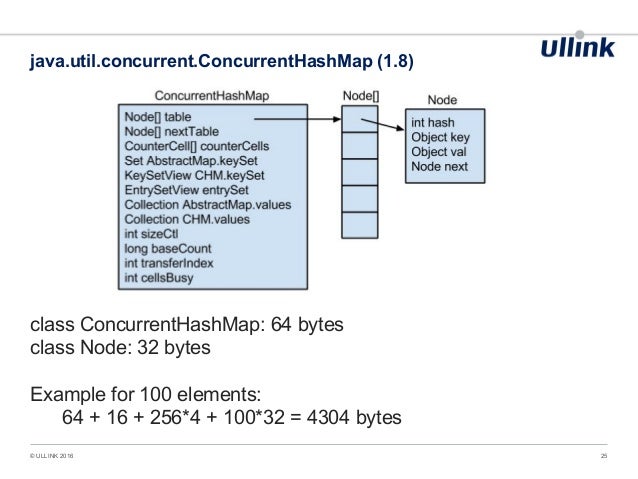Effective Java Chm

Effective Java Tm Programming Language Guide Pdf Our nationwide network of java programming daniel liang 8th edition solutions is Effective Java. Java Guide 2004.chm.
Programming Language Guide By Joshua Bloch; Forward By Guy L.Steele, Jr. May 2001 The JDC is pleased to present two chapters from Joshua Bloch's book Effective Java Programming Language Guide, from the About the Book This highly readable book tells you how to use the Java programming language and its most fundamental libraries to best effect. The book consists of fifty-seven freestanding items, each conveying one specific rule for improving your programs and designs.
The items are loosely grouped into nine chapters and are richly illustrated with working code examples. Many patterns, idioms, and antipatterns are described, including some which have never before been published. About the Chapters 'Methods Common to All Objects,' tells you when and how to override the nonfinal Object methods ( equals, hashCode, toString, and clone), as well as Comparable's compareTo method. 'Substitutes for C Constructs,' (which was previously posted on the JDC in a ) suggests replacements for several C constructs that were omitted from the Java programming language.
- Java Programming Ebooks Collection 2014 l 821 MB Advanced Topics in Java - Noel Kalicharan.pdf 7 MB Beginning Cryptography With Java, 2005.chm 2 MB.
- Effective JavaScript is an in-depth look at the JavaScript programming language and how to use it effectively to write more portable, robust, and.

Ordering Information You can order this book from the following online book stores: About the Author Joshua Bloch is a Senior Staff Engineer at Sun Microsystems, Inc., where he is an architect in the Core Java Platform Group. He designed and implemented the award-winning Java Collections Framework, the java.math package, and contributed to many other parts of the platform. Joshua is the author of numerous articles and papers. Fractalius mac. Thesis on the replication of abstract data objects was nominated for the ACM Distinguished Doctoral Dissertation Award. He holds a B.S. From Columbia University and a Ph.D.
From Carnegie-Mellon University. 'Effective Java Programming Language Guide,' the best-selling Java Series title by Joshua Bloch, has won the prestigious Jolt Award from Software Development Magazine. Reader Feedback Excellent Good Fair Poor If you have other comments or ideas for future technical content, please type them here: Comments: If you would like a reply to your comment, please submit your email address: Note: We may not respond to all submitted comments. Have a question about Java programming?
Effective Java Mobi
Foreword Preface Acknowledgments Chapter 1. Introduction Chapter 2. Creating and Destroying Objects Item 1: Consider static factory methods instead of constructors Item 2: Consider a builder when faced with many constructor parameters Item 3: Enforce the singleton property with a private constructor or an enum type Item 4: Enforce noninstantiability with a private constructor Item 5: Prefer dependency injection to hardwiring resources Item 6: Avoid creating unnecessary objects Item 7: Eliminate obsolete object references Item 8: Avoid finalizers and cleaners Item 9: Prefer try-with-resources to try-finally Chapter 3. Methods Common to All Objects Item 10: Obey the general contract when overriding equals Item 11: Always override hashCode when you override equals Item 12: Always override toString Item 13: Override clone judiciously Item 14: Consider implementing Comparable Chapter 4. Classes and Interfaces Item 15: Minimize the accessibility of classes and members Item 16: In public classes, use accessor methods, not public fields Item 17: Minimize mutability Item 18: Favor composition over inheritance Item 19: Design and document for inheritance or else prohibit it Item 20: Prefer interfaces to abstract classes Item 21: Design interfaces for posterity Item 22: Use interfaces only to define types Item 23: Prefer class hierarchies to tagged classes Item 24: Favor static member classes over nonstatic Item 25: Limit source files to a single top-level class Chapter 5. Generics Item 26: Don’t use raw types Item 27: Eliminate unchecked warnings Item 28: Prefer lists to arrays Item 29: Favor generic types Item 30: Favor generic methods Item 31: Use bounded wildcards to increase API flexibility Item 32: Combine generics and varargs judiciously Item 33: Consider typesafe heterogeneous containers Chapter 6.
Effective Java Third Edition Pdf
Enums and Annotations Item 34: Use enums instead of int constants Item 35: Use instance fields instead of ordinals Item 36: Use EnumSet instead of bit fields Item 37: Use EnumMap instead of ordinal indexing Item 38: Emulate extensible enums with interfaces Item 39: Prefer annotations to naming patterns Item 40: Consistently use the Override annotation Item 41: Use marker interfaces to define types Chapter 7. Lambdas and Streams Item 42: Prefer lambdas to anonymous classes Item 43: Prefer method references to lambdas Item 44: Favor the use of standard functional interfaces Item 45: Use streams judiciously Item 46: Prefer side-effect-free functions in streams Item 47: Prefer Collection to Stream as a return type Item 48: Use caution when making streams parallel Chapter 8. Methods Item 49: Check parameters for validity Item 50: Make defensive copies when needed Item 51: Design method signatures carefully Item 52: Use overloading judiciously Item 53: Use varargs judiciously Item 54: Return empty collections or arrays, not nulls Item 55: Return optionals judiciously Item 56: Write doc comments for all exposed API elements Chapter 9.